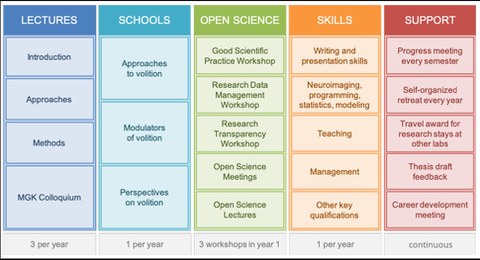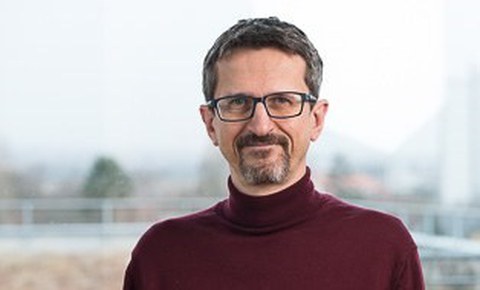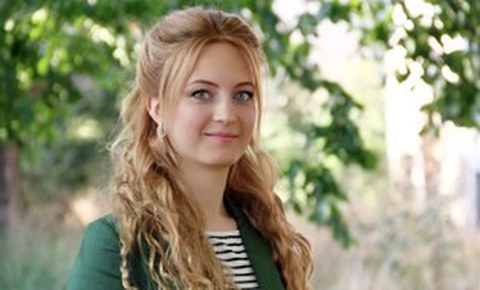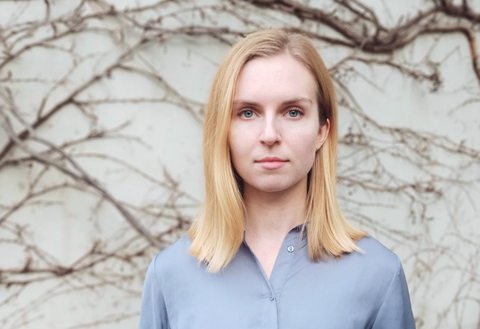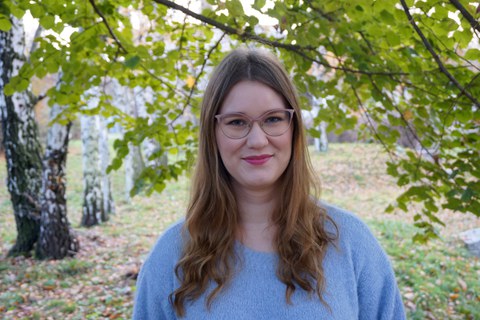MGK
SFB 940 Integrated Research Training Group
Outline | Coordinators | Events | Downloads
Outline
The MGK aims at providing young researchers working within the subprojects of CRC 940 with the highest-standard theoretical, empirical, and methodological proficiency and at integrating them in an excellent and stimulating interdisciplinary environment for performing outstanding research, for efficiently achieving their PhD, and for building up international networks. Its objectives are to support all participating young scientists in the autonomous planning and conducting of research on a sound theoretical and methodological basis, to extend their field of research with original scientific contributions, to communicate and defend their results internationally at scientific meetings and in peer-reviewed publications, and to acquire key qualifications necessary for the advancement of their scientific careers. The MGK curriculum comprises a series of (i) Lectures and (ii) Schools, held by invited experts in the cognitive-affective neurosciences as well as by members of the CRC. The acquisition of theoretical and methodological knowledge will be complemented by training courses in (iii) Skills in scientific techniques (neuroimaging, programming, statistics, modeling etc.) as well as in scientific writing and presentation. Additionally, this program element will include key skills necessary for successful scientific careers such as rhetoric and language skills as well as management and teaching abilities. Finally, (iv) Support throughout our students' project work will be provided by their supervisors and a co-supervisor, by annual self-organized retreats, and by a travel award. Special emphasis will be put on fostering the achievement of women in science and the compatibility of career development and family care for young parents.
MGK office
Coordinators
Prof. Dr. rer. nat. Alexander Strobel
Telefon: +49 (0)351 463-37000
E-Mail:
Dr. rer. nat. Anne Gärtner Telefon: +49(0)351 463 36997
Josephine Zerna
MGK Student Speaker Telephone: +49(0)351 463 33929
Yara Karitzki Student Assistant
Events
Open Science Workshops
With this e-learning module, we would like to support you in conducting your research efficiently and transparently according to the rules of good scientific practice. To this end, this module combines three workshops:
- Workshop 1: Good Scientific Practice
- Workshop 2: Research Data Management
- Workshop 3: Research Transparency
For each workshop, online content is provided, but there will also be virtual or presence meetings of one to two days to follow up on essential issues of each workshop. You are free to go through the online content of each workshop as your times allows, but you are required to attend the respective meetings to follow up on the online content of each workshop during the initial period of your doctoral studies. Be assured that you will find the topics dealt with most helpful for your scientific work.
Upcoming and past events can be found here: SFB 940 Events
TAC Meetings
The general purpose of the Thesis Advisory Committees (TACs) is to provide guidance for our students throughout their studies. Initially, the TAC should assess the scope of the proposed project (is it feasible to be accomplished within the anticipated time frame?), consider the risk that is associated with it and perhaps discuss possible exit strategies that could be employed in case the project develops poorly. In the following meetings the focus will then shift to monitor the progress of a student and to ensure that the student stays focused on the main aspects of their research topic. In other words, the TAC should take over some of the burden of responsibility that normally rests exclusively on the shoulders of the direct supervisor. With respect to the above-mentioned evaluations and assessments, this should include, at least once a year, evaluating whether and to what extent the scientific approach, the scope of the proposal, and the research topic(s) are sufficient and suitable for a doctoral thesis project. The TAC can (and is encouraged to) recommend changes to a student's proposal. The TAC can recommend a timeline for accomplishing defined goals necessary for completing the thesis research in time. Additionally, the TAC may advise students with regards to career planning and professional development.

